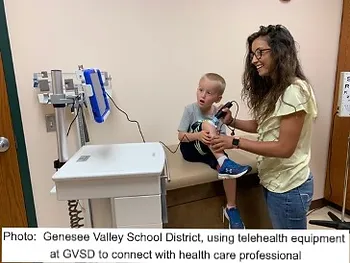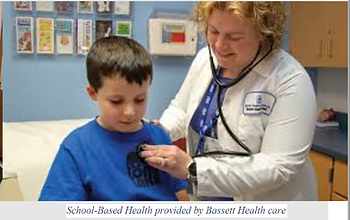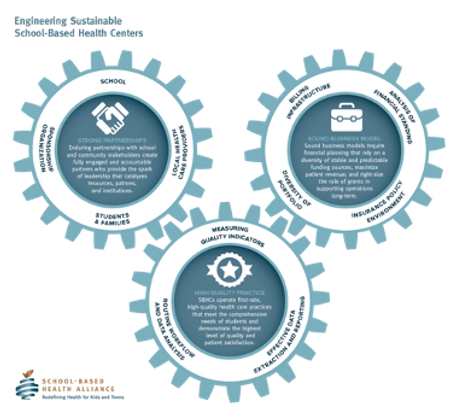
Cornell Professor Tom Hirschl is looking for partners to collaborate on a research study assessing student attitudes toward poverty and economic inequality. The research follows up from his co-authored book Chasing the American Dream (2014, Oxford University Press), and involves a test/retest design in high school classrooms. Students will be asked a set of questions related to attitudes toward inequality, randomly assigned to treatment versus control groups, then tested again. To compensate students and the school, Professor Hirschl will provide the study data for use in high school curriculum (math, statistics, social studies, and consumer science), will provide a workshop to staff and/or students about how student attitudes compare to national attitudes and what can be done to improve student experiences. In addition, a small cash payment will be made for course budgets.
**If you are interested in participating in this study, please contact Gretchen Rymarchyk at gkr1@cornell.edu or 607-254-3557.
More from Dr. Hirschl:
The poverty risk calculator (URL “riskcalculator.org“) is a powerful tool that can provide insight into some of the more important dynamics of American poverty. The intended audience for the calculator is broad. We anticipate that it will be used by many different groups in order to delve further into the subject of American poverty. Such groups include community associations, high school classes, religious congregations, advocacy organizations, college students and their professors, policy think tanks, the engaged citizenry, and many others.
It turns out that the problem of poverty has historically been viewed in the United States as primarily affecting someone else. In particular, poverty has often been seen as a problem that affects minorities and the so-called underclass. As a result, the poor have been marginalized as falling outside the mainstream. In the public’s perception, the divide between “us” (the nonpoor) and “them” (the poor) has been wide.
Yet what if it was the case that for many people, the “us” and “them” are one and the same? In other words, although the percentage of the population who are poor at any one time is relatively small, what if across the course of a lifetime, many people experience poverty? Such information could alter the perception of American poverty in at least two ways. First, such information breaks down the divide between the poor and the nonpoor. It suggests that for many of us, we are in fact both. Second, if a sizeable percentage of the population experiences poverty, it would imply that impoverishment is the result of failings at a systemic level. Rather than individual fault, widespread poverty could indicate problems at an economic and/or policy level.
Our recent book, Chasing the American Dream, looked further into the economic ups and downs of Americans. We found that while nearly everyone we interviewed believed in the reality of the American Dream, they nevertheless had encountered considerable economic turmoil throughout their adulthood years in pursuit of that dream, and 54 percent experienced poverty or near poverty between ages 25 and 60.
All of this work indicated that poverty across a lifetime was widespread. Yet how could we make this information more personal and direct? This was the genesis for the idea behind the poverty risk calculator. We decided that we could take our approach and data, and transform it into a tool that anyone could use in order to estimate their risk of poverty. Furthermore, such a tool could show people how their risk might vary depending on changes in their demographics. The result has been hundreds of hours of work and analyses going into the development of the poverty risk calculator. We believe that this tool has the ability to transform the discussion of poverty in America. It provides a personalization of poverty based upon scientific research that has not been possible in the past. As such, it opens a new window into one of America’s most vexing problems.
Archimedes, the ancient Greek mathematician, once said referring to the action of a lever, “Give me but one firm spot on which to stand, and I will move the earth.” We hope that we are providing you with one such lever on which to move the world.
More information on Tom Hirschl: https://devsoc.cals.cornell.edu/people/thomas-hirschl
More information on Mark Rank: https://sociology.wustl.edu/people/mark-rank
NYTimes article: http://www.nytimes.com/2016/03/20/opinion/sunday/calculate-your-economic-risk.html?_r=0
The book won an award: http://cornellcals.tumblr.com/post/138480962495/professor-hirschls-book-wins-coveted-social-work



